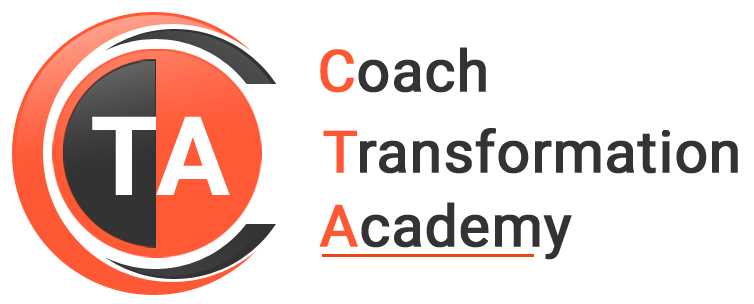
Master Certified Coach and former Director of Training at CoachWise in Poland
Professional Coach since 1997 and a Master Certified Coach (MCC) since 2001, Lori has coached small business owners, managers and executives around the world. She has worked with leaders in a variety of organisations; in large multinationals and mid-sized businesses, as well as doing pro bono work in prisons and schools.
Lori is now making the latest research from neuroscience and adult learning theory available to coaching and training practitioners. She has served on faculty at the Coaches Training Institute, CRR Global and Performance Consultants International and has developed curriculum for a number of coach training programmes, including her own master level Coaches Going Corporate, an ICF accredited online and blended learning programme.
Consistent with Lori’s background in science and engineering, her approach to coaching is practical and pragmatic: She insists that instead of simple problem solving, coaching is many times more productive when the focus is on enriching the client’s internal world so they can reach their stated goals with more clarity of purpose and less self-interference. Recent findings from neuroscience make this approach straightforward and accessible for clients. As a speaker and trainer, Lori brings humour and interactivity to the stage.
Her presentations are not downloads, but uplifting experiences where you get to have fun when you learn something new.In recent years, Lori has focused on developing a set of neuroscience-based virtual programmes that include helping colleagues work better together, teaching managers to coach and supporting leaders to use the best of their brain and lead with both rigour and heart.
Key Notes:
For more than 20 years, Lori Shook, a Master Coach, speaker, author, and trainer, has been creating experiential training programs and worked with hundreds of leaders and coaches worldwide. Her coaching approach is neuroscience-based and is highly beneficial in helping colleagues work better together, teaching managers to coach and supporting leaders to use the best of their brain and lead with both rigor and heart.
This Tuesday, Lori shared a practical and pragmatic approach to coaching – “Brain Training for working well with others.” Here are your key takeaways from our Transformational Tuesdays webinar:
What is the Limbic System?
Whether you’re happy, sad, angry, confused, excited, amused, or curious, it’s the limbic system that’s regulating these emotions. It doesn’t only control your mental state. However, the limbic brain is also home to your memories and your general stimulation.
How is understanding the limbic system purposeful for coaches?
- The limbic system plays a crucial role in reinforcing behavioral and emotional responses. Our limbic system is solely focused on emotional experiences and what exactly triggers them.
- Understanding the mindstate of coachees/clients is something every coach wants to begin with. One of the most potent human states is fear.
- Let’s take an example – when we walk into a session anxious or unsure, no matter how well we might pretend we’re fine, our clients will begin to feel it too. That fear shuts down higher brain functioning, the right prefrontal lobe kicks in, and both our clients and we become more error-prone. We’re no longer able to make the right decisions, and we focus more on problems than solutions.
- Now let’s think of a situation where we felt happy. When our happiness levels go up, we allow ourselves to see the big picture, and we come up with effective new ideas.
- All the coaches have a responsibility to their coachees/clients to be in the best state possible. If your limbic systems affect those around you, you have to be conscious about where your leading people.
- Practicing self-awareness and self-management, coaches can show up at their best, which positively impacts clients, leading the way toward higher outcomes.
Lor Shook’s “ABC of Mindfulness” is a simple-to-use mindfulness technique you can use to gain control of emotional reactions and put your limbic system back in charge. You can use it before a meeting or stressful situation to keep yourself grounded and calm. You can get access to the tool here.
You can watch the entire episode on this link.




